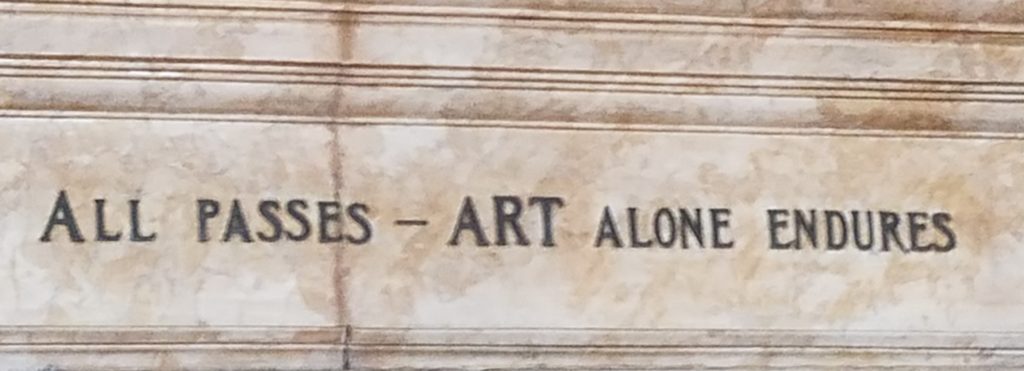“You don’t have to deserve your mother’s love. You have to deserve your father’s.” Robert Frost
As I write today’s blog, I am sipping a glass of iced tea, brewed with mint from my own garden. The mint was the first thing we planted when we bought our house 26 years ago, but we should have planted it in a pot in the ground. I learned my lesson because it has spread and spread and SPREAD. Every year, we pull the mint that invades our roses and phlox, remarking on the fresh, clean smell as we do. But I don’t mind because this mint has survived to grow another year, as it has every year, since it was in my Great-Grandfather’s garden in Kansas. It is a yearly reminder of my ancestors from that branch of the family.
Our mint has made a few stops between Kansas and the south suburbs of Chicago. My Mom gave me a few cuttings from her garden in Chicago when we bought our house, so our mint was in Chicago before coming home with me. And my Grandmother gave Mom and Dad a few plants from HER garden in Berwyn when they bought the house where we were brought up. My Grandfather had planted our mint in his Berwyn Victory Garden during the Second World War after a visit to HIS parent’s farm in Kansas. And I recently gave a cutting to one of my sons to grow in a pot on a windowsill in his Chicago apartment, so our mint is back in Chicago, the fifth generation to grow it. It’s funny to think; a cutting or two from an herb in a garden in the middle of the last century is thriving in a different place and time and yet, it is. I don’t know where the mint came from before its Kansas origins, probably from a friend’s cuttings or who knows where, but it has survived.
Have you ever thought about this; we are music and choral survivors from another place and time, a line continued down through us. All of those “teachers of our teachers,” continued through us. We bring our musical ancestors with us, whether we realize it or not, to everything we do. Our rehearsal techniques, even if we supposedly use “new” methods, reflect one or two or three of the choral directors we’ve worked with from elementary school through graduate school. Musical tastes and attitudes often reflect our musical ancestors; the willingness to try new things or to stick with what we know. A way we phrase a correction or try to get a certain vowel sound or dynamic is probably similar to the way we were taught and directed in those formative rehearsals in our past.
Even the way we DON’T do things reflects those teachers of ours. Many a ChoralNetter complaint has come to me about directors being mean and nasty when there was no need to be mean and nasty. Depending on the circumstance, I’ve suggested they just deal with the nonsense for now, then move on when it makes sense or to leave the organization and explain why. I’ve often told them to think about how they treat, or would like to treat, their own singers and students. I ask them to think about how they feel in a typical rehearse with that nasty director. We can look at what we didn’t like in our teachers and do the opposite; and it’s probably for the best. My own ballet teacher, Walter Camryn, used to say, “everyone’s good for something, if only to be a bad example.”
I ‘ve thought about some of my singing and choral ancestors, the teachers of my teachers. Several of my teachers were students of Madeline Marshall and two were students of Leo Sowerby (including my own mother). I’ve studied with students of Robert Shaw and Margaret Hillis. I know my rehearsal and performance techniques are a result of all those that came before me, a sort of mash-up of what they did and how they did it. What I do today is not exactly what they did, but an essence of what they did, brought into the 21st century. The same can probably be said of YOU!
This Sunday is Father’s Day and while we honor the fathers in our lives, it might be important to remember and honor teachers and mentors and those we consider our musical parents. We don’t have to do it Sunday but perhaps sometimes soon. During the Pandemic, reaching out to our teachers and mentors can help us all feel good and connected at this strange time.
Cheers! See you next week. Until then, be well and safe!
I am taking my Choral Ethics Blogs to my chamber choir’s Facebook page for the foreseeable future. Please join me there this morning!



Leave a Reply
You must be logged in to post a comment.